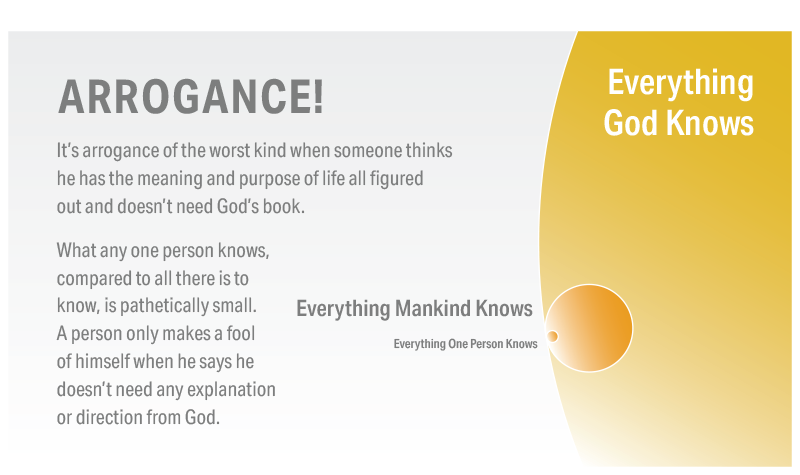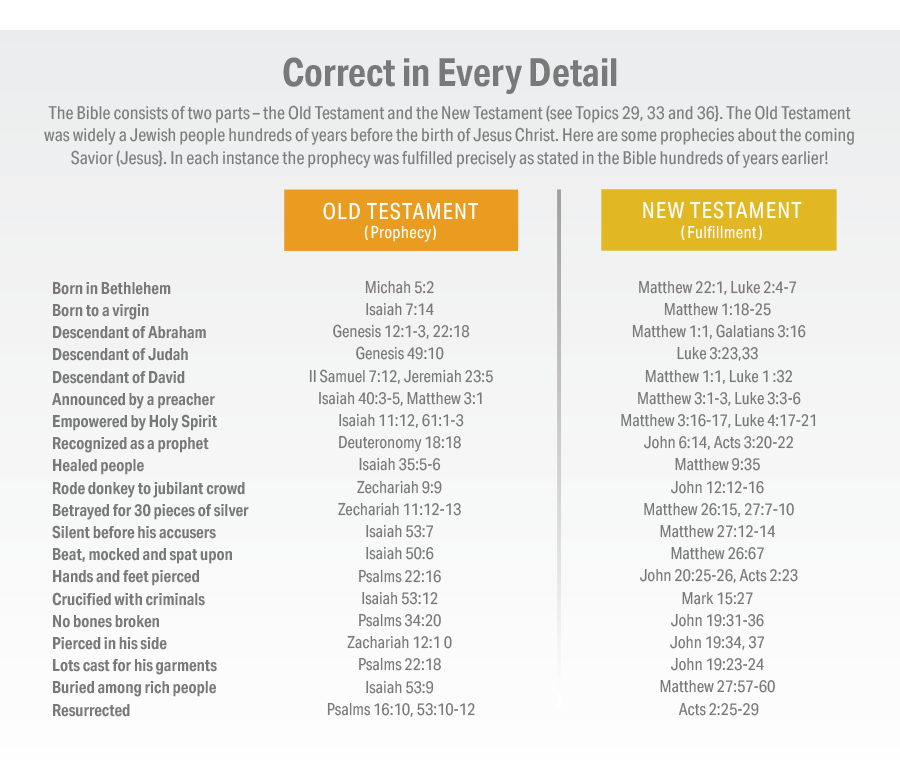MATHEMATICS PROVIDES TEST FOR RELIABILITY
In our modern world, we use mathematics to test almost everything for reliability and to express degrees of confidence. A common test method is the application of probability theory. A probability, expressed as a ratio, is the likelihood of something occurring or being true. For example, when we toss a coin, the probability is .5 (one chance out of two chances) that it will land heads up.
If we toss two coins, the probability that both coins will land heads up is derived by multiplying the probability of the first circumstance (first toss) by the probability of the second circumstance (second toss), which is: .5 x .5 = .25 (one chance in four).
If we toss three coins and four dice, the probability of getting three heads on the coins and four sixes on the dice is: .5 x .5 x .5 x .167 x .167 x .167 x .167 = .0001 (one chance in a thousand).
Thus, when presented with a number of possible circumstances, after establishing the probability of each circumstance occurring, we can calculate with mathematical precision the probability of all circumstances occurring in unison. This mathematical test can be applied to the Bible.
HOW TO TEST THE BIBLE IN CASE OF DOUBT
Our objective here is to calculate the probability that the Bible could be a mere human book, written without God’s direct supernatural involvement. The probability can be calculated on the worksheet seen further down the page.
Everyone would agree that the characteristics of the Bible discussed in Topics 20-25 are truly amazing, but people differ in their opinions of the degree to which they think it’s due to chance and the degree to which they think God directed it.
Therefore, to allow for individual differences of opinion, the reader is asked to supply his own inputs to the equation as follows:
- Probability for #20 – Review Topic 20. What do you think is the probability that, without special divine involvement, there are tens of thousands of manuscripts of the Bible but no more than 20 manuscripts of other writings from the ancient world?
- Probability for #21 – Review Topic 21. What do you think is the probability that the Bible, without benefit of divine knowledge, could be right in everything – and wrong in nothing – in its reporting of ancient history (as now revealed by archaeology)?
- Probability for #22 – Review Topic 22. What do you think is the probability that the Bible, without God’s special protection, could survive all the attempts to destroy and discredit it over the centuries and still remain the most read book in the world today?
- Probability for #23 – Review Topic 23. What do you think is the probability that, without God’s direct involvement, the Bible could be 100% accurate in all its predictions of future events? (For this one, the decimal may be so large that it won’t fit on the work sheet. For example, one mathematician calculated that for all 333 fulfilled prophesies in the Bible to be right, and none to be wrong, it would be like spreading quarters three feet deep across the entire United States, with one coin marked and all the others unmarked, and expecting someone to make a random draw anywhere in the country and come up with the marked coin!)
- Probability for #24 – Review Topic 24. What do you think is the probability that, without God instructing them, 40 different people on three different continents spanning over 1,500 years could write 66 books which, when combined, read as a single coordinated volume and express scientific understanding far advanced for its time?
- Probability for #25 – Review Topic 25. What do you think is the probability that, if it were not God’s prescription for our needs, the Bible could have such a powerful, universal and lasting effect in changing people’s lives?

TEST PROVES THE BIBLE BEYOND REASONABLE DOUBT
Everyone will use different inputs for the above test, but it really doesn’t matter because even using inputs from the most skeptical person, the test will show beyond reasonable doubt that the Bible is a supernatural book (i.e., God’s book).
For example, suppose someone used these conservative probabilities in the equation:
#20 could happen without God: 1 chance in 2, or .5
#21 could happen without God: 1 chance in 100, or .01
#22 could happen without God: 4 chances in 5, or .8
#23 could happen without God: 1 chance in 1,000, or .001
#24 could happen without God: 1 chance in 4, or .25
#25 could happen without God: 9 chances in 10, or .9
Putting these figures in the worksheet, the answer is .000001 – or one chance in a million – that the Bible could have been written without God’s supernatural involvement. Nothing like that can be said about any other book!
In any court of law, probabilities of this magnitude would be regarded as absolute proof that the Bible is God’s book to mankind! In light of all this evidence, people who don’t believe the Bible come to that decision not on the basis of investigation but simply because they choose not to believe.
CONCLUSION ABOUT THE BIBLE DETERMINES DECISION PATH
Because there’s such overwhelming evidence that the Bible is God’s book, we have confidence that it’s His special message to us. It surpasses anything man could write. Thus, we can rely on it for essential and accurate information about the meaning and purpose of life.
This conclusion determines what we do next!

DECISION POINT
If the reader concludes that the Bible is just another human book, there’s little value in continuing with the remaining sections of this resource. The reader might just-as-well go to a bookstore and select any book on religion, philosophy or self improvement. If the Bible is not God’s book, then no book is, and thus there’s no information from God, just human opinion.
However, if the reader concludes that the Bible really is God’s message to us, he’ll be eager to learn all the important things God says in it (as summarized in the following topics).


 Critics of the Bible often point to people who claim to read the Bible – and live by it – but whose lives are a contradiction.
Critics of the Bible often point to people who claim to read the Bible – and live by it – but whose lives are a contradiction.









